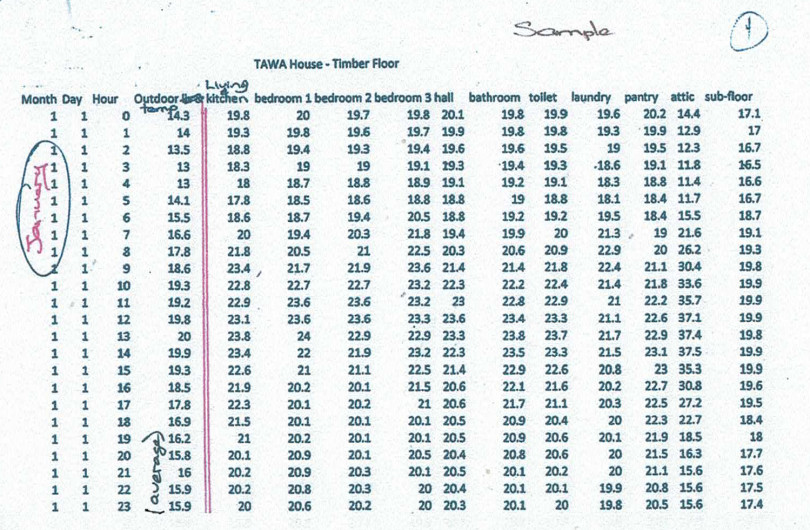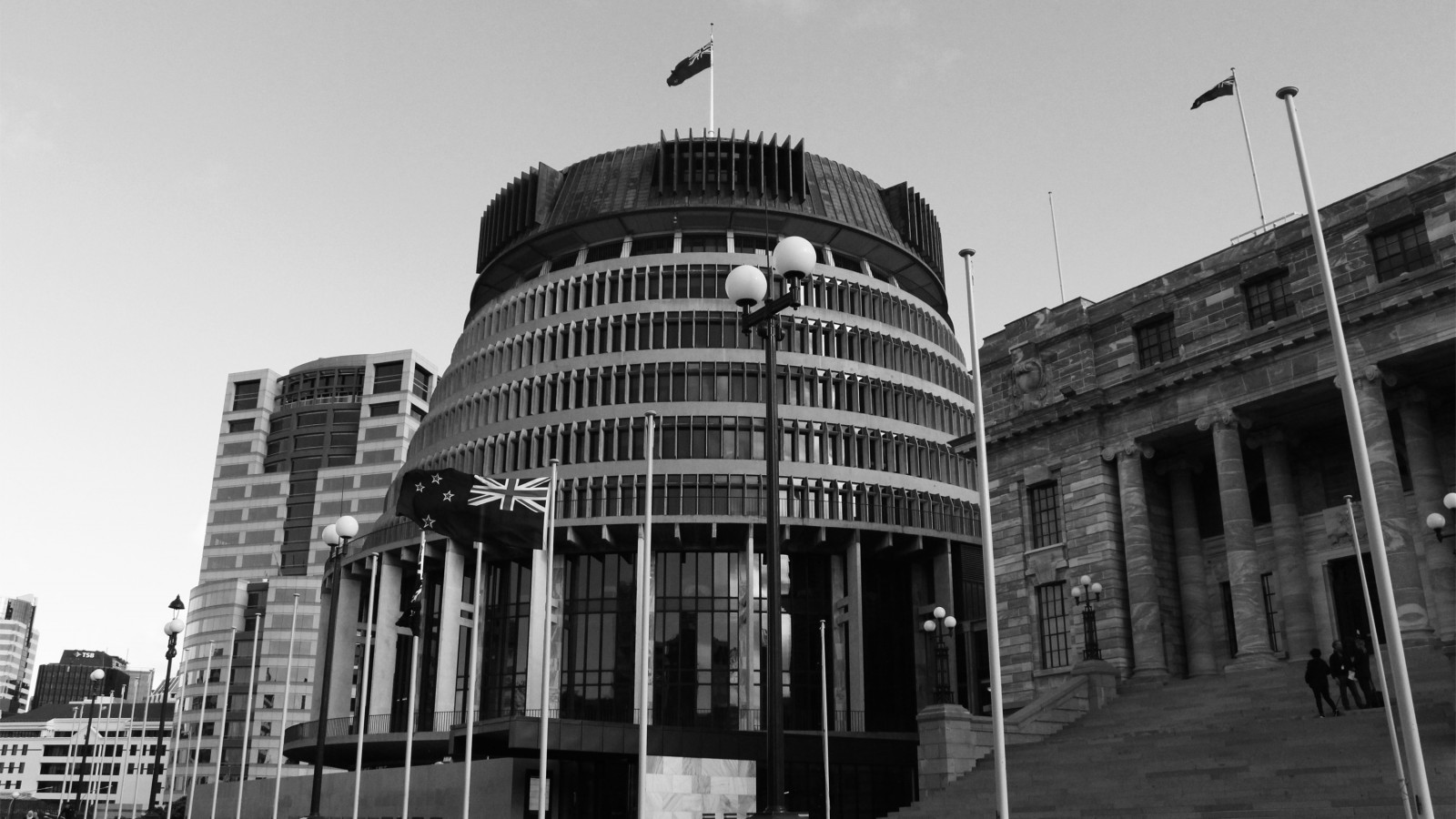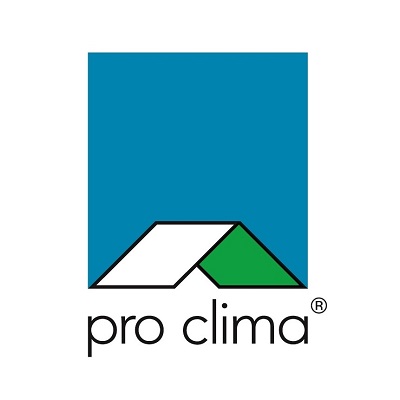In late May an important Bill had its first reading in parliament providing some important changes to the Building Act 2004. The Bill has been passed to the Environment Select Committee, and submissions can be made in the upcoming weeks.
Below is a transcript of Minister Salesa's speech in giving the bill the first reading:
Building (Building Products and Methods, Modular Components, and Other Matters) Amendment Bill — First Reading
Hon Jenny Salesa (Minister for Building and Construction): I move, that the Building (Building Products and Methods, Modular Components, and Other Matters) Amendment Bill be now read a first time. I nominate the Environment Committee to consider the bill.
This bill amends the Building Act 2004. In doing so, it will lift the efficiency and quality of building work and provide fairer outcomes if things go wrong. The bill has two parts.
- The first part amends the Building Act 2004
- The second part makes consequential amendments to other legislation
The changes made under the first part of the bill can be grouped into five categories:
- First, strengthening the existing product certification scheme known as CodeMark;
- Second, creating a new scheme for modern methods of construction;
- Third, better information for building products and methods;
- Fourth, improved offences and penalties; and
- Fifth, expanding the ways the building levy can be used.
Collectively, the changes in this bill will support the building sector to shift to new, more effective ways of working, to help support productivity improvements, to lift efficiency and quality of building work, and to improve trust and confidence in the building regulatory system.
CodeMark
I want to first tell the House about the provisions in this bill that will strengthen the existing product certification system known as CodeMark. It is designed to provide assurance that building products sold in New Zealand comply with the building code. However, oversight of the scheme needs to be strengthened and brought into line with recommended best practice. CodeMark uptake is low, and the possible efficiency gains are not being realised.
To address these concerns, the bill will make the following changes to the product certification scheme:
- First, there will be a new registration requirement for product certification bodies to ensure the quality of the product certification scheme. Building consent authorities — known as BCAs — at local councils and builders will know what they are using, the building code compliant products, in a way that will result in safe and durable building work.
- Second, product certificates may also be investigated and may be suspended or revoked if they no longer meet the product certification registration criteria. The Ministry of Business, Innovation and Employment (MBIE) will be able to investigate product certification bodies and suspend or revoke registrations where appropriate.
- And third, MBIE will now have the power to make rules for the product certification scheme; this will provide clarity to the scheme parties, ensure consistency, and align regulatory best practice.
Modern Methods of Construction
I'd also like to introduce the new manufacturer certification scheme for modern methods of construction. The current provisions in the Building Act reflect traditional roles and processes; it is not fit for purpose on how non-traditional building methods, such as off-site construction, should be treated. This has led to inconsistency, to duplication of effort, and to uncertainty for the sector about the consenting processes that should be followed. This bill provides the enabling framework for a voluntary manufacturer certification scheme for modern methods of construction. It will allow Kiwis to make the most of the new methods of construction and support the building sector's growth.
The changes proposed will enable faster consenting for off-site manufacturing work done by certified manufacturers at the factory, thereby saving building owners time and money, because consent will be done on-site for products and, in some cases, for entire houses instead of by the BCAs at the local council. Based on the CodeMark product certification scheme, this enables registered manufacturers to be certified by MBIE to produce modular building components within a defined scope of practice. Such components will be deemed to comply with the Building Code. A manufacturer, as part of the modern methods of construction scheme, may be producing a single unit that is incorporated into a large building, like a bathroom unit, or they may produce a whole tiny home ready to be placed on foundations on-site, or even a whole standard-sized house.
This new deemed-to-comply pathway for modular components will integrate into the existing consenting system. BCAs will not look at any modular components that have already been deemed certified, except for how they will interact with other elements such as site work, foundations, and connections to services. The amendments create the high-level regime in primary legislation and empower regulations and scheme rules to flesh out the operational detail. Of course, we need to ensure liability is attributed to the right parties. Certified manufacturers will be liable for the performance of their own modular components. BCA liability will be limited to the aspects of the building that they are required to inspect by building inspectors.
The bill specifies faster building consent time frames, and robust checks and balances must be complied with to provide assurance to homeowners, building users, and BCAs. These include:
- 10 working days for processing building consents for buildings comprising 100% modern methods of construction components, down from 20 working days;
- Manufacturer and certification eligibility criteria;
- Audit regimes;
- Potential suspension of registration and certification; and
- The setting of the scheme rules by MBIE.
Using these modern methods of construction has the potential to increase production efficiency, reduce waste, create safer working conditions, and reduce construction time frames.
Better information for building products and Methods
High-quality building products are central to safer and durable buildings, which will support the building and construction sector to make good decisions about the use of building products. Subsequent regulations will be able to clearly set out what building product information is required and clarify the responsibilities of manufacturers, suppliers, and builders in respect of building products and methods. These changes will ensure that those who manufacture, supply, or use building products have access to information to support good decision-making. They can also be held accountable for any breaches of their responsibility in relation to building products and methods and their use. Consistent information will also make it easier for people to compare and choose building products and be reassured that they're making the right decision on which product to use. The bill empowers the chief executive of MBIE to require information to be provided, where necessary, for the purposes of determining whether to issue a warning or a ban. This information may also be shared with other regulatory agencies, when appropriate, to ensure public safety.
New Offenses and Penalties
To support these changes, the bill also improves the offences and penalties available when people breach these requirements. New offences have been created to support compliance with product certification requirements, the modern methods of construction scheme, and building product and method information requirements. Many of the current maximum financial penalties set out in the Act have not been adjusted since its enactment in 2004, and in order to improve compliance and deter poor or illegal behaviour, the bill amends maximum penalties upon conviction to better reflect the seriousness of the offence. The bill also extends the time frame to investigate potential offences, from six months to 12 months, to better support regulators in dealing with complex investigations into potential offences.
Building Levy Use Expanded
Finally, this bill expands the use of the building levy to fund a broader range of functions and activities relating to the building and construction sector. These broader functions and activities will include actions that relate to monitoring, overseeing, or improving the performance of the building sector; improving connectivity and collaboration; and support building sector transformation. This change may allow the levy to be invested in transformational initiatives such as the Construction Sector Accord.
Collectively, these changes will address longstanding problems with the Building Act, and it will also provide the support that is needed to allow the sector to shift to new, more effective ways of working. It will also help with the transformation of the construction sector. I commend this bill to the House.




























 Most Popular
Most Popular Popular Products
Popular Products


